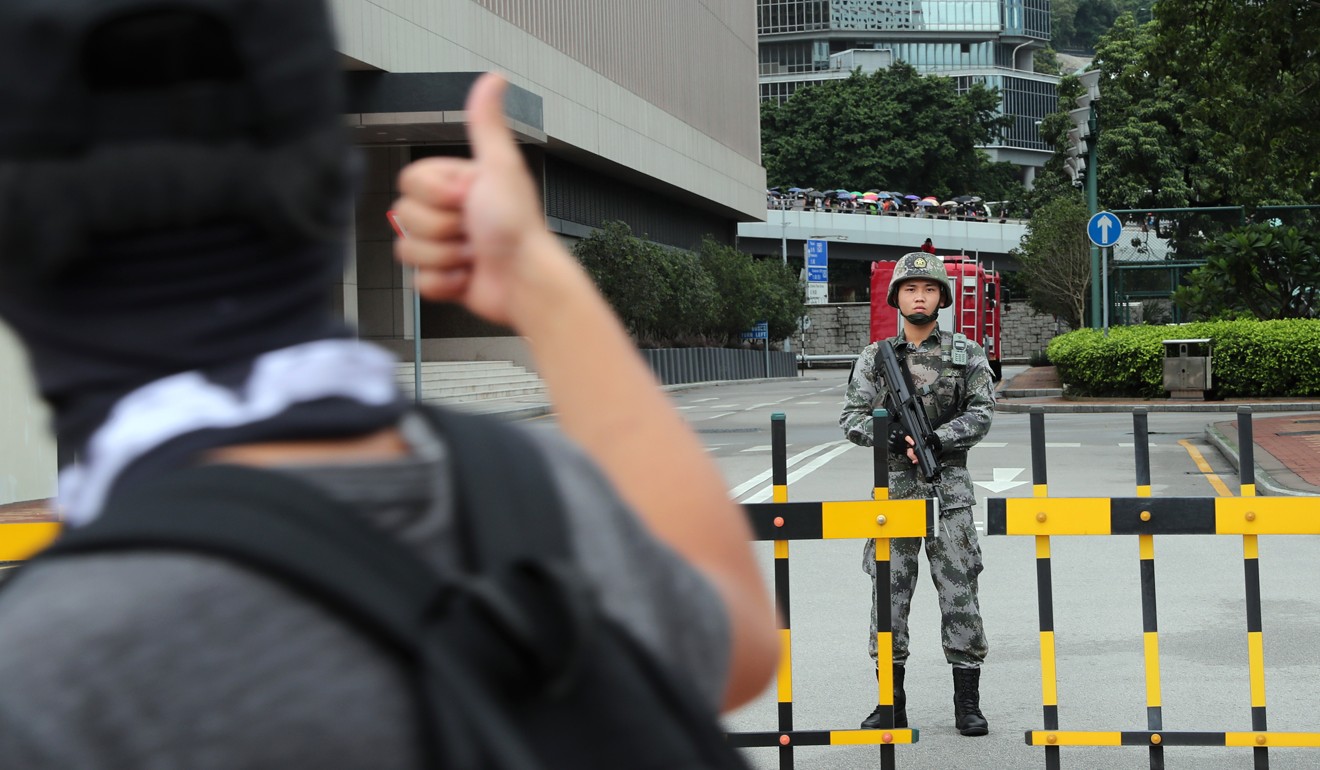
Why Hong Kong protesters are forcing university leaders to pick a side – academic freedom is at stake
- Behind public support for the protesters is the realisation that Hong Kong has paid a steep price for silence over policies that pushed integration with the mainland
- University leaders’ failure to speak up on the extradition bill and during the early days of the protests does not bode well for academic freedom
Not only are the protests the biggest challenge to the Communist Party since the handover and Hong Kong’s worst post-war catastrophe, they embody a seismic shift in terms of how Hongkongers define and identify ourselves, institutions of power in the city, relations between Hong Kong and the mainland (and mainlanders), and the nature of Hong Kong society. Hong Kong will never be the same again, even after the protests eventually end.
Reasons for this general support can be traced, in part, to a tacit acknowledgement by the older generations that we did not speak up when we should have. After the signing of the Sino-British Joint Declaration in 1984 and the crackdown on Tiananmen Square protesters in 1989, Hongkongers with means, and those working in the colonial government, police or military, emigrated to other countries, while those who couldn’t resigned ourselves to the handover.
The “umbrella movement” failed because Hongkongers could not put up with being unable to get to work or get home as fast as we would like.
Joel Hellman and Daniel Kaufmann, both economists previously at the World Bank, argue that inequality of influence generates “a self-reinforcing dynamic in which institutions are subverted, further strengthening the underlying political and economic inequalities”. This is based on findings from the 2002 Business Environment and Enterprise Performance Survey.

Co-option of the powerful is by no means confined to avenues where monetary gain is the primary concern. Universities are equally susceptible.
It feels like a lifetime ago that the vice-chancellor and pro-vice-chancellor of the University of Hong Kong resigned in 2000 for pressuring Robert Chung Ting-yiu to discontinue his public opinion polling programme on chief executive Tung Chee-hwa and his administration.
Arthur Schopenhauer observed that “to be a philosopher, that is to say, a lover of wisdom (for wisdom is nothing but truth), it is not enough for a man to love truth, in so far as it is compatible with his own interest, with the will of his superiors, with the dogmas of the church, or with the prejudices and tastes of contemporaries; so long as he rests content with this position, he is only a [friend of his own ego], not a [friend of wisdom]”.
Freedom, of course, includes freedom to choose not to be free. Academic freedom in Hong Kong, thus, encompasses a university’s freedom to be co-opted. Article 137 of the Basic Law refers to academic freedom enjoyed by educational institutions, not individual scholars. Even scholars need to pay rent.
Phil C.W. Chan is senior fellow at the Institute for Security and Development Policy. He holds law degrees from the University of Hong Kong, Durham, and the National University of Singapore (PhD). He is author of the book China, State Sovereignty and International Legal Order

